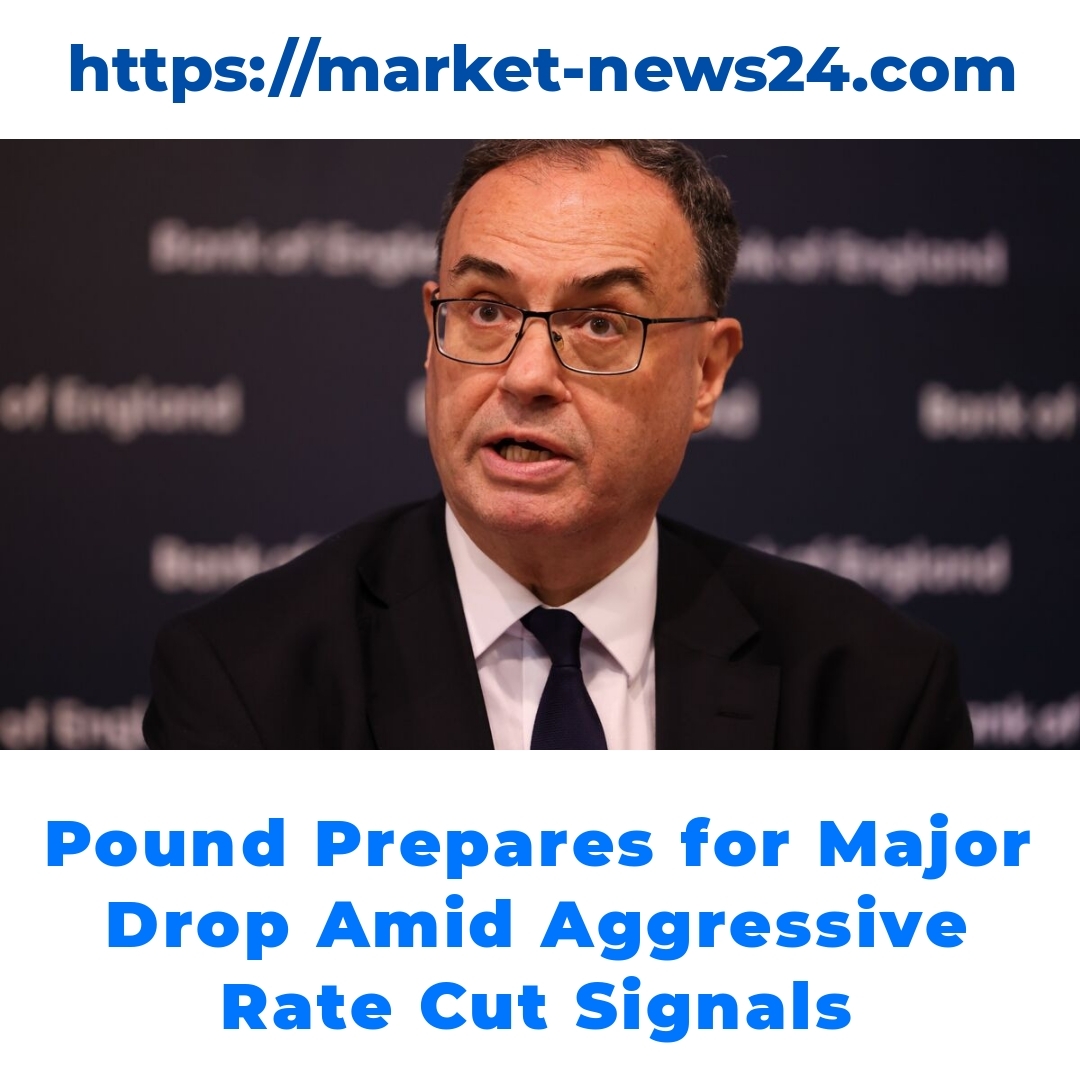The state of the pound is under scrutiny as concerns mount over a potential pound slide prompted by the Bank of England’s aggressive interest rate strategy. In this article, we delve into how Bank of England interest rates influence the UK economy and the wider implications for currency fluctuations.


The potential for a pound slide is causing quite a stir in financial circles, and it’s essential to understand what that means in the context of today’s economy. A pound slide refers to a significant decline in the value of the British pound against other currencies, a situation we could see unfolding due to the recent statements made by Bank of England Governor Andrew Bailey. So, let’s dive into this and explore how the Bank of England’s interest rates are affecting the UK economy and what it could mean for all of us.
Right now, there’s no denying that the pound is facing challenges. In recent weeks, we’ve seen noticeable trends indicating a decline in its value. For instance, data shows a marked decrease, leading many experts to speculate about the implications of Bailey’s comments regarding future monetary policy. The pound slide could be on the horizon, and understanding the causes is crucial for investors and consumers alike.
To get a clearer picture, we should first look at the Bank of England’s monetary policy. Historically, Bank of England interest rates have played a vital role in shaping the economy. These rates are determined based on various economic indicators, including inflation and employment rates. The governor assesses these factors to make decisions that impact everything from mortgage rates to savings accounts, ultimately affecting currency valuation.
When the Bank of England cuts interest rates, it can lead to a depreciation of the pound. This is because lower interest rates typically attract less foreign investment, making the currency less attractive to investors. In the past, we’ve seen instances where aggressive rate cuts have led to significant pound slides. For example, during the last major economic downturn, the pound experienced the biggest slide in over a year, highlighting the sensitivity of the currency to these changes.
Andrew Bailey’s leadership has been a hot topic recently. His decisions regarding Bank of England interest rates are critical in shaping economic outcomes. Many people are keeping a close eye on his statements and the proposed changes he might support. As market reactions to Bailey’s comments illustrate, there remains a palpable tension regarding the direction of monetary policy and its potential ramifications on the pound.
The future of the UK currency amidst interest rate cuts remains uncertain. Experts are divided, with some predicting further challenges for the pound while others hold a more optimistic view. Forecasts suggest that should the Bank of England continue its aggressive approach, we might well see more volatility in currency fluctuations. This situation demands careful consideration from consumers and investors alike, as the implications are significant for everyone involved in the UK economy.
In conclusion, the potential ramifications of a pound slide cannot be overstated. The connection between Bank of England interest rates, monetary policy, and the future of the pound is more critical than ever. As consumers and investors navigate this uncertain landscape, staying informed about changes in interest rates and their economic impacts will be essential for making sound financial decisions.
What is a pound slide?
A pound slide is when the value of the British pound drops significantly compared to other currencies. This decline can have serious implications for the economy and for individuals dealing with currency exchanges.
What causes a pound slide?
The primary cause of a pound slide is often related to changes in interest rates set by the Bank of England. When interest rates are lowered, it can reduce foreign investment, leading to a drop in the currency’s value.
How do Bank of England interest rates affect the economy?
Bank of England interest rates influence many aspects of the economy, including:
- Mortgage rates
- Savings account interest
- Inflation
- Employment rates
What happens when interest rates are cut?
Cutting interest rates often attracts less foreign investment. As a result, the pound may depreciate because it becomes less appealing to investors looking for better returns.
What has Andrew Bailey said about interest rates?
Andrew Bailey, the Governor of the Bank of England, has made statements that influence market expectations and can lead to speculation about future monetary policy. His comments can create uncertainty about the direction of the pound.
What are experts predicting for the pound’s future?
Experts have mixed predictions regarding the pound:
- Some foresee continued challenges and volatility for the pound.
- Others remain optimistic about a potential recovery.
Why should consumers and investors pay attention to the pound?
Understanding how interest rates and the economy interact can help consumers and investors make informed financial decisions. Changes in the pound’s value can impact everything from purchasing power to investment returns.





